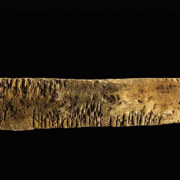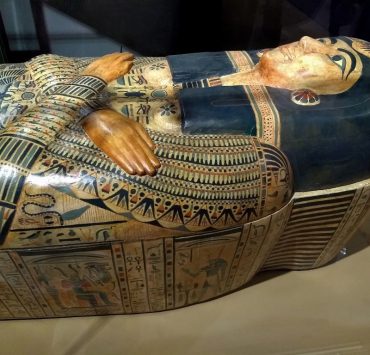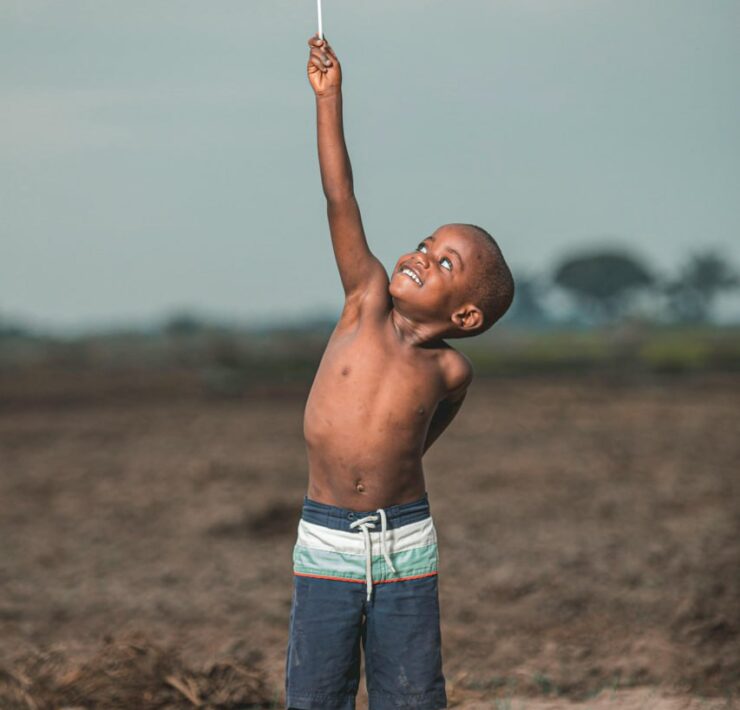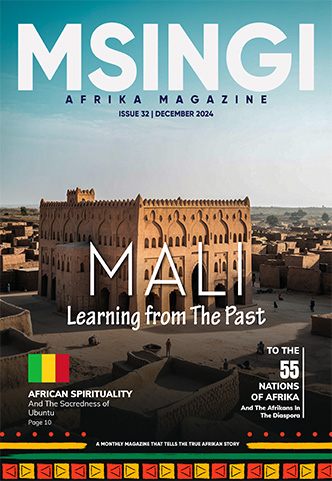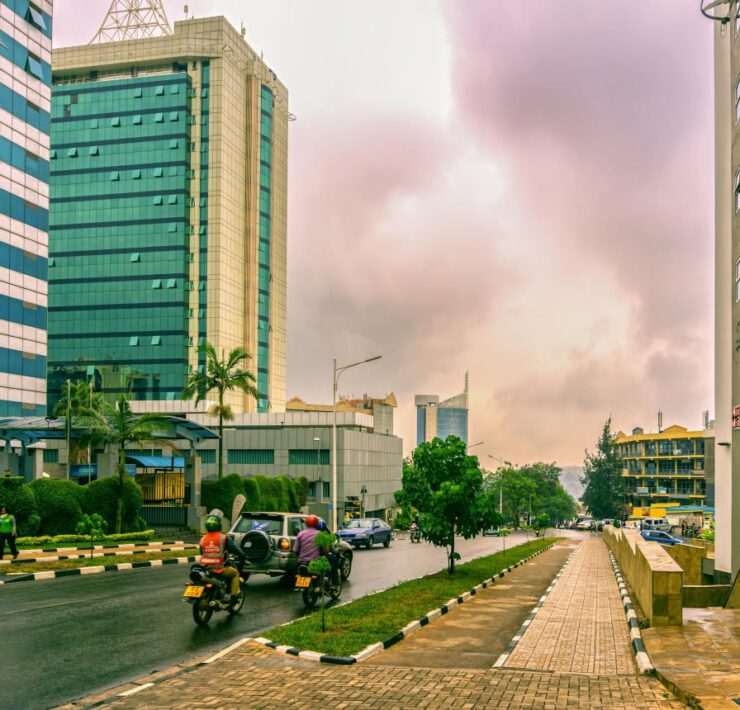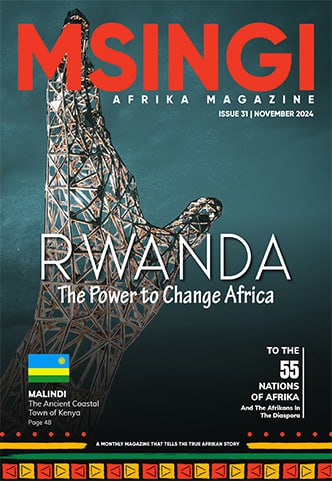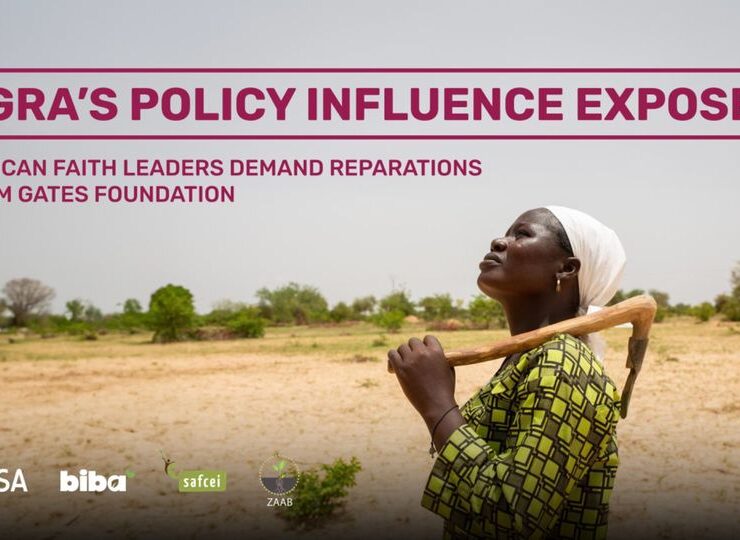
Chioma Phillips is the Editor of Msingi Afrika Magazine and…
Read Next
They told you it’s an illegal drug
According to news reports coming out in mid-October 2020, Rwanda has joined the list of Afrikan nations that are planning to grow Cannabis Sativa for foreign markets to use for medicinal purposes; but for their citizens, the use of Marijuana remains illegal.
As of 2005, according to a 2007 UN Office on Drugs and Crime report, 25% of global cannabis production took place in Afrika in about 28 countries. That was 15 years ago before the rest of the world decided to make official what they had known for ages: that dagga has medicinal benefits. Why? They want to exploit these for profit. Those with eyes have been watching them making their move for years, because, as usual, while preventing legalization of the ganja, they were quietly testing markets in North America and putting in place the machinery to exploit this resource by their large pharmaceutical companies. They think we didn’t know, but we knew.
It has always been about control for profit. And even though the UN may be issuing warnings to countries not to legalize the herb, we all know that the UN is subject to the voices of its members and that one vote could easily nullify decades of position papers, policy documents, legal agreements and scientific research that call MJ a dangerous narcotic.
The legal marijuana market, according to Grand View Research, Inc, is anticipated to reach USD 73.6 Billion by 2027 (that’s only seven years from now) and part of this growth is expected to be promoted by increased legalization of cannabis for medical as well as adult-use. Adult-use means that adult citizens of countries that authorize this will be allowed to get high legally as is the case already in South Afrika and has been in the Netherlands for years.
Grand View Research highlights the medical segments that medical grass is likely to impact, ranging from neurological conditions to chronic pain management, to the low-income buds segment. All these are seen as ‘growth areas’ for the legal marijuana market.
It’s almost funny that after decades of watching spliff being vilified, it is now being hailed as the next big legal thing on the world stage. People were arrested for selling it, shamed in public – but now that it is written on paper, it is official that it is a drug for medicinal use. This world!!!
Marijuana in Afrika’s History
An article by Chris S. Duvall titled, “A brief agricultural history of cannabis in Africa, from prehistory to canna-colony” says that cannabis first arrived in Afrika from southern Asia over 1000 years ago. It landed on the eastern and northern coasts of the continent; and so began the agricultural production of the crop.
He says that it was used primarily as a smoked drug but had additional uses such as hemp fabric, cords, medicine, appetite suppression (hence useful in mitigating hunger) and this was from Morocco to Madagascar to Mozambique and Kenya, Egypt, Algeria, Tunisia, Angola, Gabon, Sierra Leone, South Afrika, Sao Tomé, Botswana and the Democratic Republic of Congo. The article goes on to say that marijuana was not prominent in West Afrika until the 1950s. Duvall’s history lesson emphasizes that pot was initially legal under colonialism but was outlawed by 1925 when it became subject to international control under the Geneva Opium Convention, although even before this colonizers had caused production to diminish in Afrika through direct and indirect suppression of the crop.
They used means such as taxation, prohibition (The French and the Ottomans prohibited the plant in Congo and Egypt, respectively because they felt its use diminished the quality and availability of labor), others stigmatized its farming by claiming its use was immoral while, pushing a shift toward export crops like tobacco, coffee and tea – which are all drugs, by the way. Attempts by European colonial businesses to market weed to pharmaceutical companies were not very successful in those days and eventually production of reefer went underground and legal action began to be taken against growers, even while the continent saw a gradual increase in the growing of cannabis in the 1980s, with Afrikan governments displaying varying levels of tolerance, as per Duvall’s article.
The 21st century brought with it a rapid liberalization of cannabis in Afrika, with South Afrika authorizing its use for medical purposes and allowing its citizens to garden and use it privately. In 2018, Omoyele Sowore, while running for president of Nigeria, said that Nigeria could make a lot of money like other countries were if they grew it for export and pledged to do so if voted in. EXMceuticals, a Canadian pharmaceutical company said that it had over 50 acres in DRC under the plant from 2018, and agreements with Malawi and Uganda, while Lesotho has issued multiple licenses for its growth since 2017. Malawi began trials in 2016 and gave to licenses from 2018, Uganda started growing industrial hemp in 2012 and psychoactive cannabis in 2017, Zimbabwe has issued licenses since 2017. Most of these licenses are to companies from North America and are priced way above what locals can afford. Most of these countries do not legally permit its use by their citizens.
Additionally, legalized marijuana is yet again a resource in Afrika that is not benefiting its citizens directly. As Duvall points out in his article, “The cannabis that has become legal in Africa is not the cannabis that has benefited African farmers.” He also goes on to say that “Foreign capital is being used to exploit the continent’s resources – land, water, labor, and cannabis – rather than to offer meaningful opportunities for Africans to accumulate wealth.”
You might find it interesting to learn that Afrika’s “cannabis varieties are coveted amongst marijuana seed producers. An American in 2012 stated, “Africa is […] the mothership for strains that […] are going to be a huge factor in the future of medical cannabis” (Bluntman, 2012). Land grabbing is happening in the new, global cannabis economy too, exemplified by EXMceuticals contract claims to more than 130,000 acres of farmland in at least four countries (EXMceuticals, 2019b, 2019c).”
The Marijuana Control Bill put forward in 2018 by the late Kenyan Member of Parliament, Ken Okoth, seems to have stalled in Kenya’s parliament. If passed “it would decriminalize possession and consumption, expunge records of past arrests, and allow farming by registered growers (Omul, 2018).” According to Duvall, a Kenyan scholar testifying before parliament said about bhang, that: “it is medicine [and] it was […] until the colonialists came and illegalized it. We are reinstating the freedom. If we see value in it that they don’t see, it doesn’t mean we have to go their way” (Muchangi, 2017). He makes a good point… only that they do see value in it and Afrikan governments are now starting to go their way, again, instead of their way – which is what ought to be how we operate now on the continent.
So, now, as then, the West has found one more way in which to exploit Afrika and Afrikan governments are taking it lying down. We have the perfect blunt stock, the climate, the water, the air and the soil and are handing out licenses to people who will do the R&D and packaging then turn around and sell it back to us at who knows how many more times the price. A drug we could have refined for centuries had we only charted our own course. A raw material we could have converted into biodegradable fabrics and other construction and fabrication materials and protected our environment at the same time. Unless we do something to change this, a time will come when Afrikan governments will yield to the pressure to become markets for CBD oil and marijuana buds and who knows what else when we could have owned the market and become the chief exporters to the world. But, we can’t because it is legal to grow here and sell there, and illegal to use here.
How does that make sense? These are the contradictions we entertain that keep Afrika downtrodden and oppressed.
Medicinal Properties
First and foremost, as we keep emphasizing, God gave the leaves for the healing of all nations and (like it or not) as sure as He created you and me, He created the weed.
Let’s look at cannabis sativa’s medicinal properties for a moment:
According to healtheuropa.eu, the beneficial properties in cannabis and hemp plants are due primarily to naturally occurring phytocannabinoids, which are biologically active chemical compounds. The two most abundant are cannabidiol (CBD) and delta-9-tetrahydrocannbinol (THC). They say that CBD impacts the brain, making it function better, without giving it a high and THC (which can make you high) has pain-relieving properties. They also say that CBD is beneficial in the following ways:
Relieving chronic pain
Improving lung capacity
Helping with weight loss
Regulating and prevent diabetes
Fighting cancer
Treating depression
Shows promise in autism treatment
Regulating seizures
Mending bones
Helping with ADHD/ ADD
Treating glaucoma
Alleviating anxiety
Slowing development of Alzheimer’s disease
Dealing with pain linked to arthritis
Helping with PTSD symptoms
Helping provide relief to individuals with multiple sclerosis
Reducing side effects linked to hepatitis C and increase the effectiveness of treatment
Treating inflammatory bowel diseases
Helping with tremors associated with Parkin son’s disease
Helping with alcoholism
This is the kind of psychological, scientific and economic limited thinking that we keep trying to highlight. For YOU it is an illegal drug, for the rest of the world who YOU are growing it for, it is legal, and YOUR country is growing this illegal drug, profiting off it, but you cannot utilize it to heal or to innovate with, in any way… and at some point, someone with influence, who wants to make money off you will come and force your government to make you use their version of it and cite the common good.
Paying attention yet?
Subscribe now for updates from Msingi Afrika Magazine!
Receive notifications about new issues, products and offers.
What's Your Reaction?
 PIN IT
PIN ITChioma Phillips is the Editor of Msingi Afrika Magazine and the host of Msingi Afrika Television. Her hope is to see the Truth shared, with all who will listen, for the transformation of the people and the continent of Afrika - and the world. She believes passionately in the critical role that Afrika and Afrikans have to play on earth right now and hopes to ignite the spark that will cause them to see and believe who they are, so that they can live out their Truest lives for the remainder of their days.









